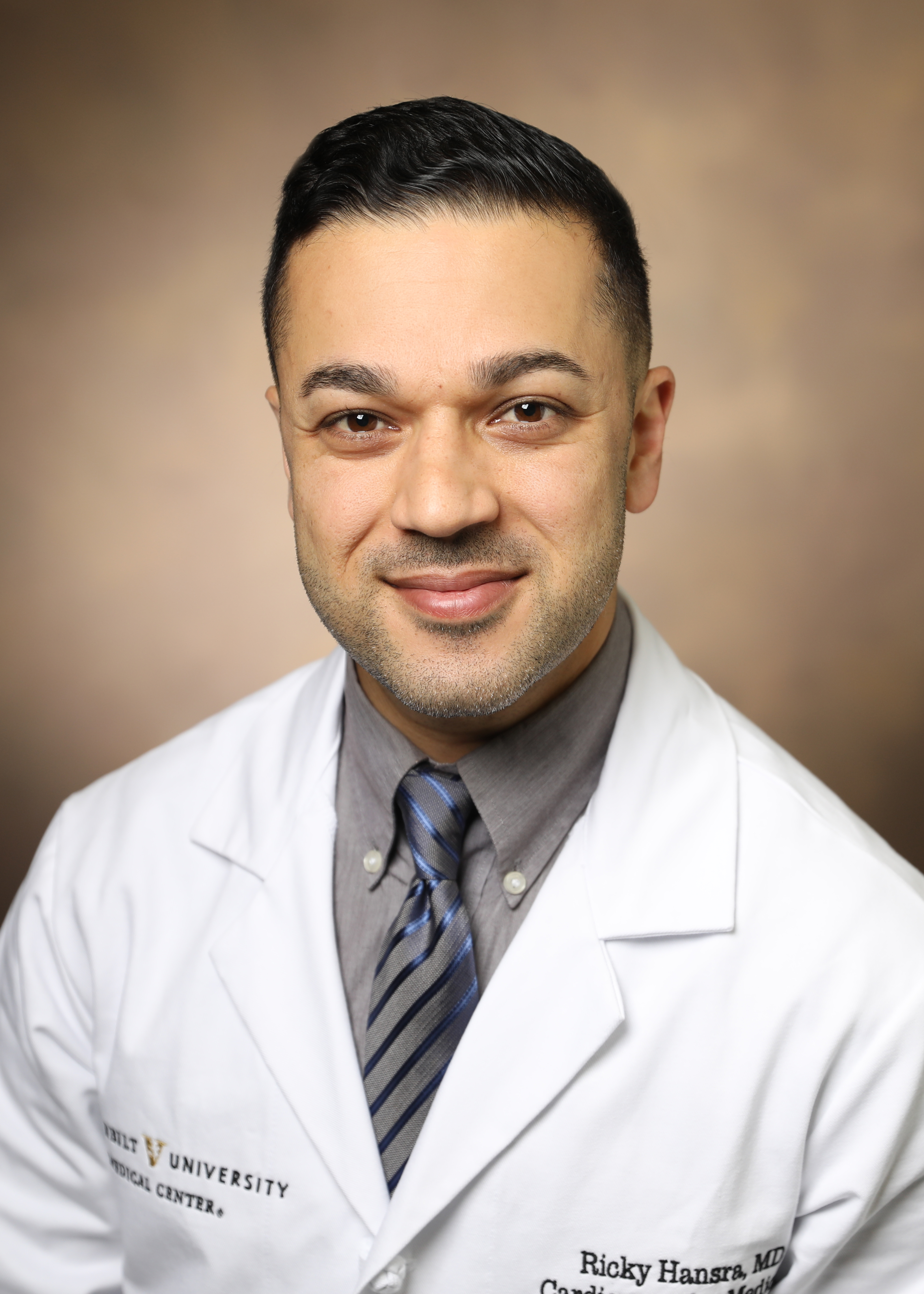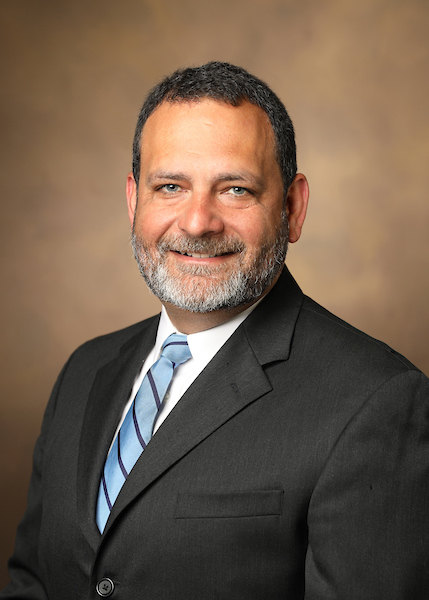Training future leaders in the cardiovascular community
The mission of the Cardiovascular Disease Fellowship Program is to develop clinicians, clinician-educators, and physician-scientists who will become leaders in the expanding cardiovascular community, advancing the field through exemplary patient care, teaching, and discovery. We are committed to providing rigorous, evidence-based clinical training and opportunities for innovative research in an environment of excellence, compassion, and lifelong learning.
Upon completion of Internal Medicine training, the Cardiovascular Disease Fellowship Program will provide a curricula tailored to each fellow’s needs and goals in accordance with ACGME-established guidelines in order to become board-eligible in adult cardiovascular medicine.

Watch the video to learn more about the VUMC Cardiovascular Disease Fellowship Program.
Exposure to broad range of pathologies and clinical settings
Our fellows are exposed to a broad range of pathologies in a variety of clinical settings at three hospitals — Vanderbilt University Adult Hospital (VUAH), Nashville Veterans Affairs (VA) Medical Center and Nashville General Hospital. Advanced fellowships are also available in:

Watch the video to learn more about life as a VUMC cardiology fellow.
Program Leadership
Julie Damp, MD
Professor of Medicine
Program Director, Cardiovascular Disease Fellowship Program

Barinder Hansra, MD
Assistant Professor of Medicine
Associate Program Director, Cardiovascular Disease Fellowship Program
Angela Lowenstern, MD
Assistant Professor of Medicine
Associate Program Director, Cardiovascular Disease Fellowship Program

Quinn Wells, MD
Associate Professor of Medicine
Associate Program Director, Cardiovascular Disease Fellowship Program
